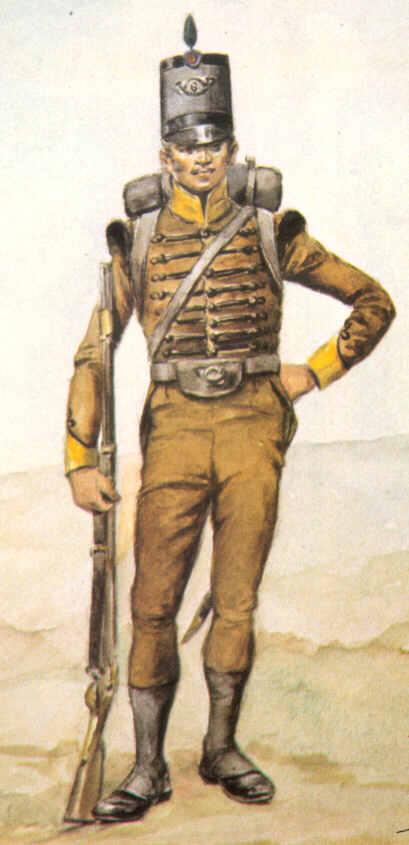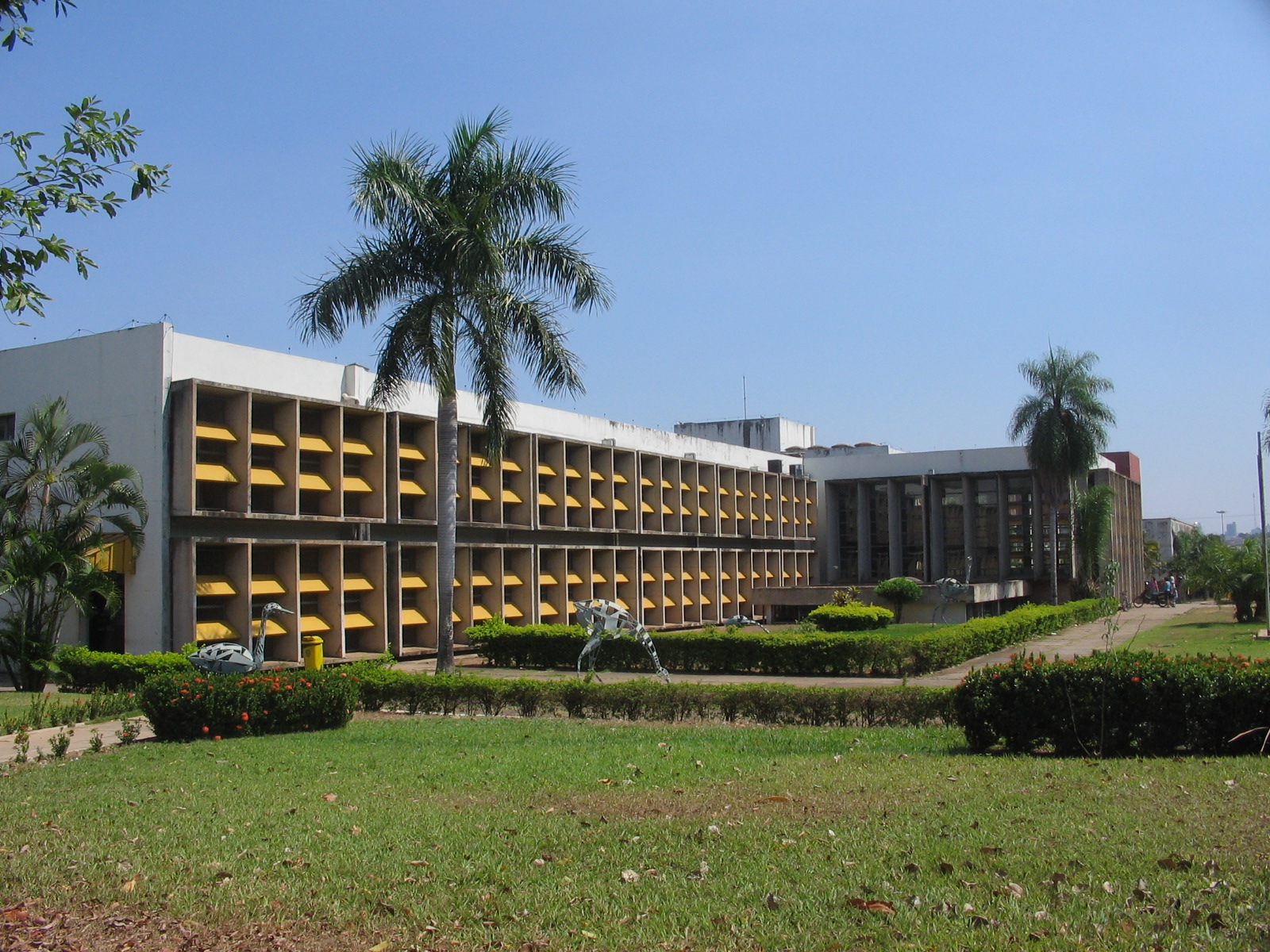|
Battle Of Três Lagoas
The Battle of Três Lagoas was an offensive by ''tenentist'' rebels against Brazilian government forces on 17–18 August 1924, extending the São Paulo Revolt into southern Mato Grosso. Led by Juarez Távora, the rebels suffered heavy losses to loyalist troops from Minas Gerais, under the command of colonel Malan d'Angrogne, in the town of Campo Japonês. This defeat frustrated the rebels' ambition to settle in Mato Grosso, forcing them to start the Paraná Campaign. From the beginning, the São Paulo Revolt involved the Military Circumscription of Mato Grosso, which needed to mobilize large troops and occupy the city of Bauru, in the interior of São Paulo. Low ranking officers in Mato Grosso were a nucleus of ''tenentist'' conspiracy, which even launched a revolt in the 10th Independent Cavalry Regiment (RCI), in Bela Vista, on 12 July; the regimental sergeants themselves controlled this uprising. Due to the deficiencies of the military structure in the state, Bauru was n ... [...More Info...] [...Related Items...] OR: [Wikipedia] [Google] [Baidu] |
São Paulo Revolt Of 1924
The São Paulo Revolt of 1924 (), also called the Revolution of 1924 (), Movement of 1924 () or Second 5th of July () was a List of wars involving Brazil, Brazilian conflict with characteristics of a civil war, initiated by ''Tenentism, tenentist'' rebels to overthrow the government of president Artur Bernardes. From the city of São Paulo on 5 July, the revolt São Paulo Revolt of 1924 in the interior, expanded to the interior of the state and inspired other uprisings across Brazil. The Urban combat in the São Paulo Revolt of 1924, urban combat ended in a loyalist victory on 28 July. The rebels' withdrawal, until September, prolonged the rebellion into the Paraná Campaign. The conspiratorial nucleus behind the revolt consisted of Brazilian Army in the First Republic, army officers, veterans of the Copacabana Fort revolt, in 1922, who were joined by military personnel from the Military Police of São Paulo State, Public Force of São Paulo, sergeants and civilians, all enemies o ... [...More Info...] [...Related Items...] OR: [Wikipedia] [Google] [Baidu] |
São Paulo (state)
São Paulo (, ) is one of the Federative units of Brazil, 26 states of the Brazil, Federative Republic of Brazil and is named after Paul the Apostle, Saint Paul of Tarsus. It is located in the Southeast Region, Brazil, Southeast Region and is bordered by the states of Minas Gerais to the north and northeast, Paraná (state), Paraná to the south, Rio de Janeiro (state), Rio de Janeiro to the east and Mato Grosso do Sul to the west, in addition to the Atlantic Ocean to the southeast. It is divided into List of municipalities in São Paulo, 645 municipalities. The total area is km2, which is equivalent to 2.9% of Brazil's surface, being slightly larger than the United Kingdom. Its capital is the São Paulo, municipality of São Paulo. With more than 44 million inhabitants in 2022, São Paulo is the Federative units of Brazil#List, most populous Brazilian state (around 22% of the Brazilian population), the List of first-level administrative divisions by population, world's 28th-mos ... [...More Info...] [...Related Items...] OR: [Wikipedia] [Google] [Baidu] |
Corumbá
Corumbá () is a municipality in the Brazilian state of Mato Grosso do Sul, 425 km northwest of Campo Grande, the state's capital. It has a population of approximately 112,000 inhabitants, and its economy is based mainly on agriculture, animal husbandry, mineral extraction, and tourism, being the gateway to the biggest wetlands of the world, the Pantanal. Due to its border with Bolivia, Bolivians in Brazil constitute a significant portion of the city's population, forming a distinct cultural community. The city is served by Corumbá International Airport. Corumbá is the westernmost and northernmost city in Mato Gosso do Sul, and it is by far the largest municipality by area in that state, composing 18% of its territory. It is also the eleventh largest municipality in Brazil and the largest outside Amazonas and Pará. The territory of Corumbá has an enclaved municipality within it: Ladário. On September 20, 2021, the record high temperature of was registered. On June ... [...More Info...] [...Related Items...] OR: [Wikipedia] [Google] [Baidu] |
Caçadores
The Caçadores (hunters) were the elite light infantry troops of the Portuguese Army, in the late 18th and early 19th centuries. Units of ''Caçadores'' – with features somewhat different from the original ones – continued to exist in the Portuguese Armed Forces until the 1970s, namely the Caçadores Especiais (special hunters) – several special forces companies of the Portuguese Army created by the Special Operations Troops Centre at the beginning of the 1960s and heavily employed throughout the Portuguese Colonial War (1961-1974) in Africa. Etymology ''Caçadores'' is the plural of ''caçador'', the Portuguese language, Portuguese word for "hunter". It has also been used to designate each one of the elite light infantry soldiers of the Portuguese Army. As such it is a direct equivalent of the German military term ''Jäger (military), Jäger'' and the French military term ''chasseur''. It may also be considered comparable to the English language term ''ranger''. Origin ... [...More Info...] [...Related Items...] OR: [Wikipedia] [Google] [Baidu] |
São Paulo
São Paulo (; ; Portuguese for 'Paul the Apostle, Saint Paul') is the capital of the São Paulo (state), state of São Paulo, as well as the List of cities in Brazil by population, most populous city in Brazil, the List of largest cities in the Americas, Americas, and both the Western Hemisphere, Western and Southern Hemispheres. Listed by the Globalization and World Cities Research Network (GaWC) as an global city, alpha global city, it exerts substantial international influence in commerce, finance, arts, and entertainment. It is the List of largest cities#List, largest urban area by population outside Asia and the most populous Geographical distribution of Portuguese speakers, Portuguese-speaking city in the world. The city's name honors Paul the Apostle and people from the city are known as ''paulistanos''. The city's Latin motto is ''Non ducor, duco'', which translates as "I am not led, I lead." Founded in 1554 by Jesuit priests, the city was the center of the ''bandeirant ... [...More Info...] [...Related Items...] OR: [Wikipedia] [Google] [Baidu] |
Cuiabá
Cuiabá () is the capital city and the largest city of the Brazilian state of Mato Grosso. It is located near the geographical centre of South America and also forms the metropolitan area of Mato Grosso, along with the neighbouring town of Várzea Grande, Mato Grosso, Várzea Grande. The city's name is an indigenous Bororo language, Bororo word meaning 'arrow-fishing', The city was founded in 1719, during the gold rush, and it has been the state capital since 1818. The city is a trading centre for an extensive cattle-raising and agricultural area. The capital is among the fastest-growing cities in Brazil, followed by the growth of agribusiness in Mato Grosso, despite the recession that is affecting Brazilian industries. Cuiabá was one of the host cities for the 2014 FIFA World Cup. Cuiabá is the heart of an urban area that also includes the state's second largest city, Várzea Grande, Mato Grosso, Várzea Grande. The city is the seat of the Federal University of Mato Grosso and ... [...More Info...] [...Related Items...] OR: [Wikipedia] [Google] [Baidu] |
Rio De Janeiro
Rio de Janeiro, or simply Rio, is the capital of the Rio de Janeiro (state), state of Rio de Janeiro. It is the List of cities in Brazil by population, second-most-populous city in Brazil (after São Paulo) and the Largest cities in the Americas, sixth-most-populous city in the Americas. Founded in 1565 by the Portuguese people, Portuguese, the city was initially the seat of the Captaincy of Rio de Janeiro, a domain of the Portuguese Empire. In 1763, it became the capital of the State of Brazil, a List of states of the Portuguese Empire, state of the Portuguese Empire. In 1808, when the Transfer of the Portuguese Court to Brazil, Portuguese Royal Court moved to Brazil, Rio de Janeiro became the seat of the court of Queen Maria I of Portugal. She subsequently, under the leadership of her son the prince regent John VI of Portugal, raised Brazil to the dignity of a kingdom, within the United Kingdom of Portugal, Brazil and the Algarves, United Kingdom of Portugal, Brazil, and Algar ... [...More Info...] [...Related Items...] OR: [Wikipedia] [Google] [Baidu] |






